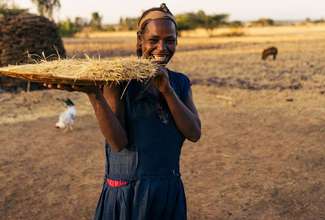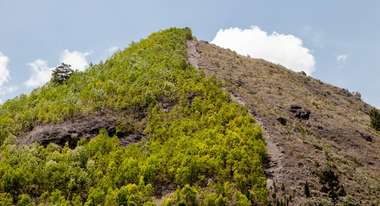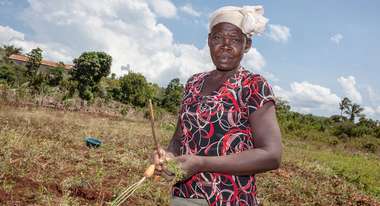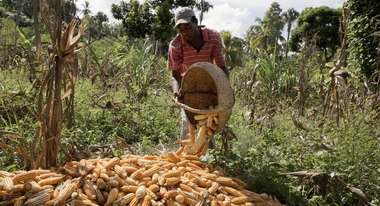Forests protect people from climate change
The Caribbean region is suffering the consequences of climate change. Forests and new agricultural production methods are helping to combat droughts and floods.
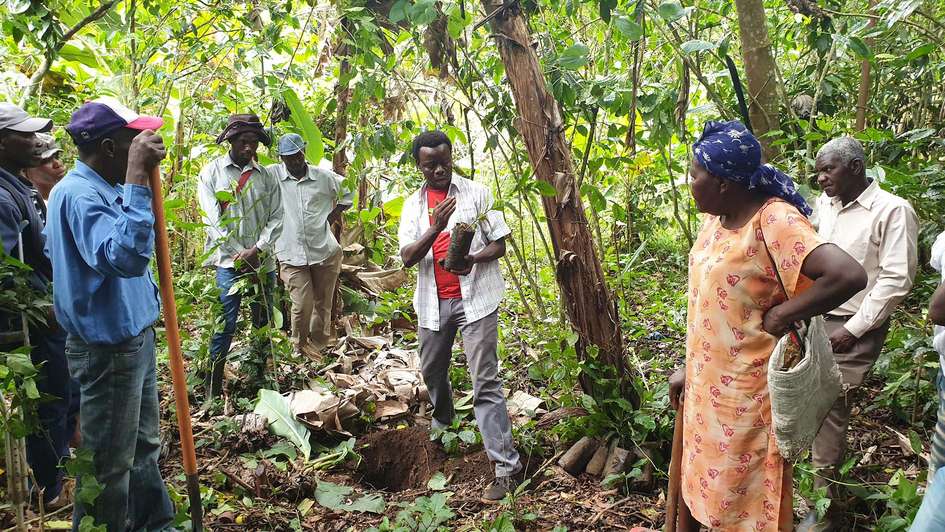
Forests protect the climate and people. They remove carbon dioxide from the atmosphere, store water, and compensate for temperature fluctuations. They also prevent soil erosion and guarantee biodiversity. Where there are no forests, people are more exposed to the consequences of climate change.
This situation is particularly noticeable in the island states of the Caribbean. Over many years, more and more forests have fallen victim to deforestation. At the same time, the region is increasingly affected by severe natural disasters: devastating tropical storms, floods, droughts, and fires.
Limiting the effects of climate change
For some time now, a mindset shift has been underway. It is possible to limit some climate change effects by protecting forests, reforesting cleared areas, and aligning agricultural businesses with sustainable production methods. Welthungerhilfe (WHH) supports this development through the KlimaWald project ("Comunidades Caribeñas Resilientes"/ "Communautés Caribéennes Résilientes"), which it implements together with local partner organizations and the tropical forest foundation OroVerde in Haiti, the Dominican Republic and Cuba.
The primary aim is to restore forest ecosystems and introduce climate-adapted agricultural practices. In addition, the project aims to anchor the necessary expertise broadly in local society: among farmers and villagers, but also authorities and experts.
Since the start of the project, we have already achieved the following:
1. Forest restoration
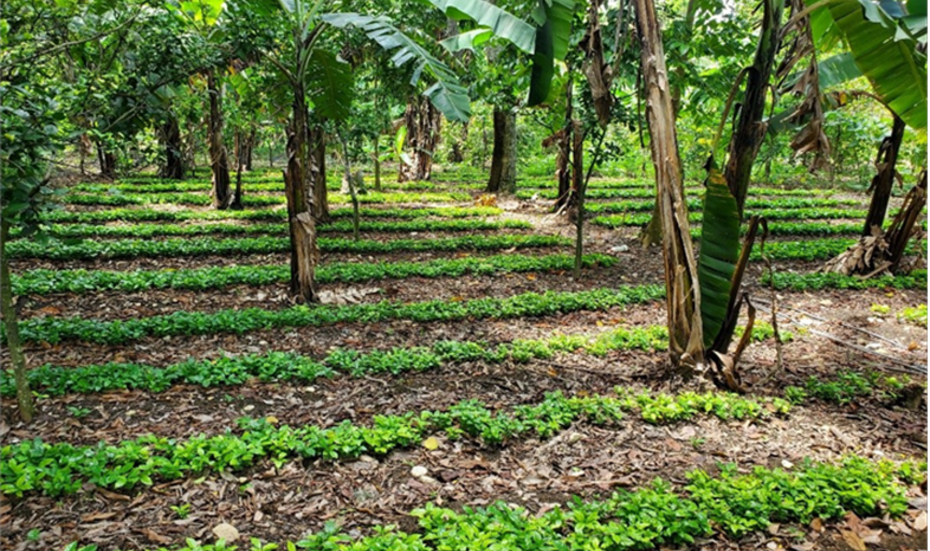
It takes a long time for a forest to grow back, but progress has begun: the project has reforested and rehabilitated nearly 1,500 acres of land using 17 newly established tree nurseries. In the Dominican Republic, two new forestry brigades are working to preserve the forests and protect them from forest fires, by creating firebreaks, for example.
2. Promote climate-adapted agriculture
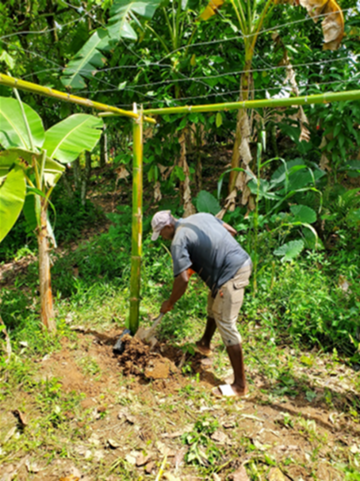
It is critical that local farmers have a stake in sustainable production: soil-conserving cultivation methods, erosion control, climate-adapted crop varieties, and improved water management. To date, our project has enabled 340 farming families to adopt new agricultural techniques. The project has seen more than 10,000 trees grafted in Haiti to cope better with more difficult climatic conditions. Additionally, the project partners have distributed 7,500 cacao plants of a more resistant variety, trained 30 beekeepers, and supported a women's cooperative of coffee workers in the Dominican Republic.
3. Embed knowledge
The project promotes the careful use of natural resources to help us cope with the effects of climate change. The project partners have conducted various training and information activities to share this knowledge with over 3,000 people.
Much work remains. The aim is to regenerate or reforest more than 12,000 acres of land by the end of the project in 2027 – not a foregone conclusion. Unforeseen difficulties are always to be expected. For example, fuel shortages have severely hampered past project work in Haiti, which is a consequence of social and political tensions in the country. The various project teams and their partners on the ground have often had to improvise and rely on supporting each other – this proves "partnership" is more than just a buzzword in this project.





